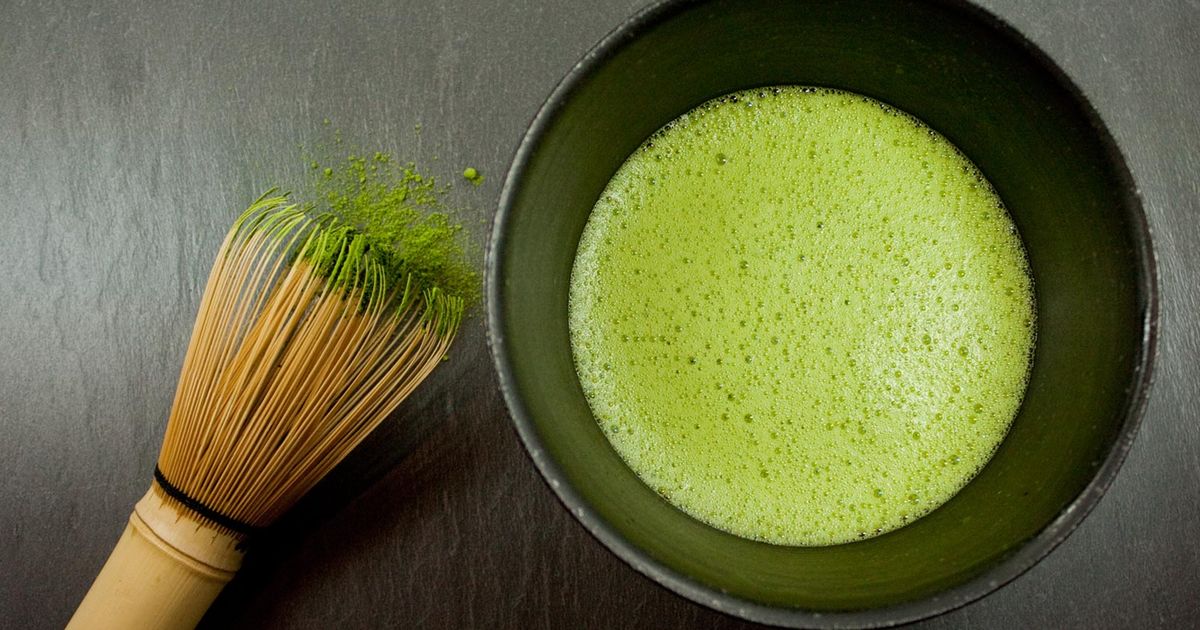The Surprising Health Benefits Of Matcha
The vast majority of individuals, even if they do not consume it themselves, have heard of matcha. Matcha, of course, is a vibrant green powder made from special green tea leaves. These leaves are grown in the shade for approximately three weeks before they are harvested, at which point the stems and veins are removed before processing. When consumed as a tea, the powder is dissolved in either hot water or hot milk and then frothed, often with a whisk.
But what sets this apart from other teas and health foods? Start reading to learn about some of the top health benefits of consuming matcha on a regular basis now.
Full Of Powerful Antioxidants

Since matcha contains nutrients from all parts of the green tea leaf, consuming matcha often means consuming more catechins than steeping other types of green tea. The powder, after all, does not leave the water and individuals drink it all, whereas the leaves are removed from the water in other green teas.
Increased Energy Without Jitters

However, matcha can boost an individual's energy without causing these effects. Although green tea, including matcha, does contain some caffeine, it is not nearly as much compared to a cup of coffee. Furthermore, the energizing effects of matcha do not come from caffeine, but rather from the amino acid L-Theanine, which helps boost energy but also stabilizes the effects and provide the drinker with a sense of calm.
